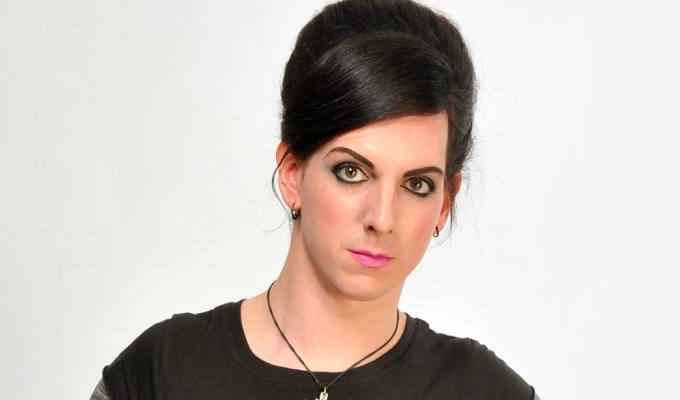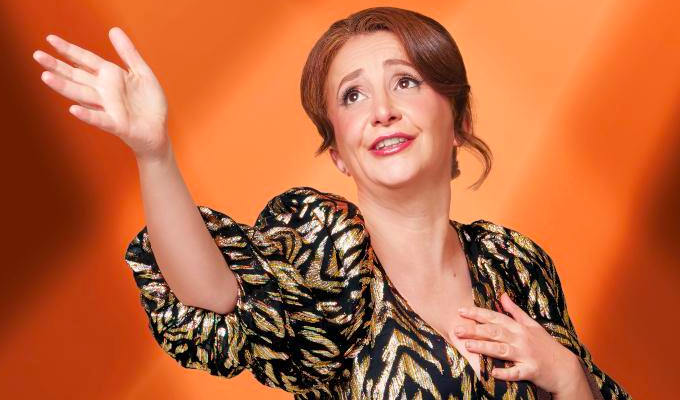Hiding behind laughs
How women got into comedy
Great tomes have been written on the psychology of comedians. Just what is it that first drives someone into a business that needs the laughter of strangers?Well, the most common answer seems to be because they developed humour as a defence mechanism, at least according to most of the female comics interviewed by Dawn French for a new TV series. The age-old explanation that comedy comes from avoiding the schoolyard bullies still seems to hold true today.
The late Linda Smith, for example, says: ‘I was considered to be funny at school, which turned out to be a very handy thing from a bullying point of view. Because it made you something of a non-combatant – they didn’t bother with you too much. Someone would always say, “Don’t bother with her, silly as arseholes.”’
Spaced Jessica Stephenson, who describes herself as ‘slightly introverted and a bit depressed’ as a child, agrees. ‘I always played the mad card, “Don’t bother about me, I’m slightly crazy” – that sort of thing,’ she says.
And Sheila Hancock adds: ‘Girls a very vicious, aren’t they? I mean, that awful gang thing that goes “You’re not my friend any more”. I was always the one they were saying that to. But I could usually get the friend back if I could be funny, if I could make them laugh, so it became a technique.’
The women’s comments come in a new BBC One series, Dawn French’s Girls Who Do Comedy, in which Frencg talks to an impressive array of female comic, from Whoopi Goldberg to Joan Rivers and Jo Brand to Victoria Wood.
French herself agrees that comedy was a good device to help fit in with others at school, for girls who weren’t instinctively ‘cool’.
‘I definitely made a gang of people around me who I knew would enjoy me taking the piss out of people for their benefit,’ she said. ‘I was aware that if I didn’t keep that up, they wouldn’t remain my friends. That’s a bit weird. I kinds of bought them, not with sweets, but with jokes.
Julie Walters agrees: ‘I felt that the way to get love and affection and approval and to be someone was to make them laugh, so laughter was a great tool and a great protector.’
But being the class clown did have its downside for some young comedians, as Kathy Burke recalls: ‘I would run around and fall over and do anything to get a laugh so I wouldn’t get poked or hit. Because if you’re the clown in a gang, if the gang get bored of picking on people outside the gang, you’re the one who gets picked on, so I had to put up with a little bit of that.’
Catherine Tate was another who found that being funny would gain her acceptance: ‘I was very shy as a child. I wasn’t particularly outgoing or confident until I learned I could make people laugh.
‘I didn’t want anyone to label me anything other than the funny one, because if they already say “she’s the funny one”, they haven’t then got to say, “she’s the ginger one” or “she’s the speccy one”…
‘I wanted “funny” to define who I was. I suppose it was a survival instinct, it’s one I think I still use today. If people think I’m funny, they’re not going to look or delve any further. It was controlling, basically, I learned to make people laugh to control how they could react to me.’
Dawn French’s Girls Who Do Comedy, a three-part series, starts on BBC One at 10.15pm on Sunday August 13.
First published: August 5, 2006
Published: 22 Mar 2009






